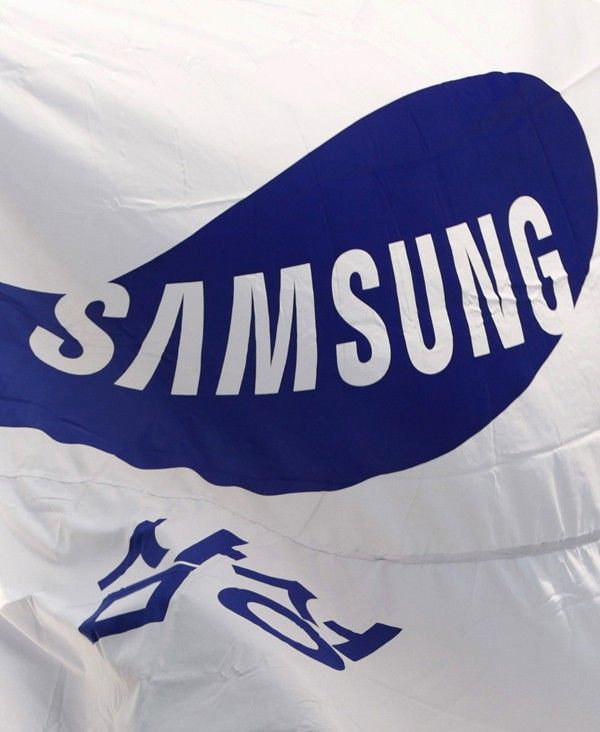Samsung Loses Important Patent Battle Against Apple in Dutch Court

Samsung’s attempt to ban Apple’s devices in the Netherlands fell short of accomplishment, as the Hague District Court ruled against it. The court ruling is an important victory for Apple in its defense against Samsung.
Samsung aimed to collect a license on its 3G patents, targeting all 3G-enables iPads and iPhones sold in the Netherlands, including the iPhone 3G, iPhone 4 and iPhone 4S. The court ruled that each of the four patents in the case against Apple are essential to 3G standards. Therefore they must be licensed under fair, reasonable and non-discriminatory (FRAND) terms. This means that Samsung has a FRAND obligation to pursue a licensing agreement with Apple regarding the use of 3G/UMTS-related patented material.
The Qualcomm chip used in the iPhone 4S already carries a license, as Samsung licensed its patented 3G technology to Qualcomm, several years back. “Apple is licensed by extension since it purchases baseband chips from Qualcomm, and Samsung’s attempt to terminate its license agreement with Qualcomm as far as third-party beneficiary Apple is concerned failed because Samsung had made a commitment to ETSI, the standards body in charge of 3G, that would grant irrevocable licenses to its 3G/UMTS essential patents,” said patent law specialist Florian Mueller. Qualcomm’s license for Samsung’s standard-essential patents stipulates that it also applies to “any customer” of Qualcomm.
Samsung and Apple are engaged in a legal battle of growing proportions, with more than 30 lawsuits currently between them. In the most recent one, earlier this month, Samsung sued Apple in South Korea, aiming to block iPhone 4S and iPad 2 sales for alleged violation of three patents.
According to Mueller, the Dutch Court’s decision is a “meaningful victory” for Apple, as the court’s position on FRAND patents means Samsung will likely not get much out of the current litigation, and the ruling prevents it from pursuing a patent infringement injunction against Apple. Moreover, this decision could also limit Samsung’s collection of damages in cases where Apple was found guilty of infringement.
(reported by Alexandra Burlacu, edited by Surojit Chatterjee)
© Copyright IBTimes 2025. All rights reserved.





















